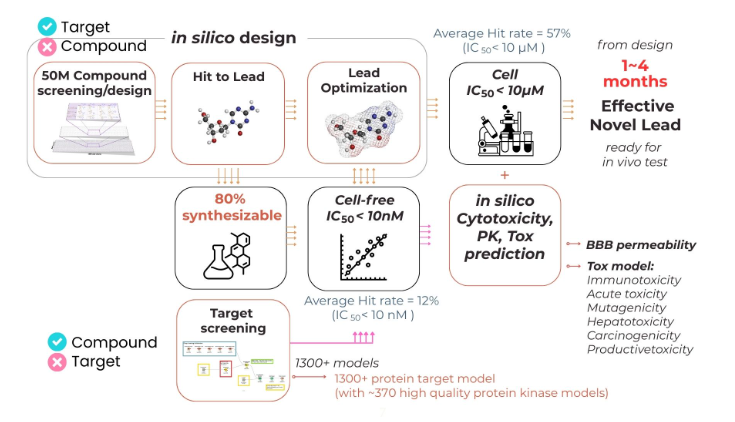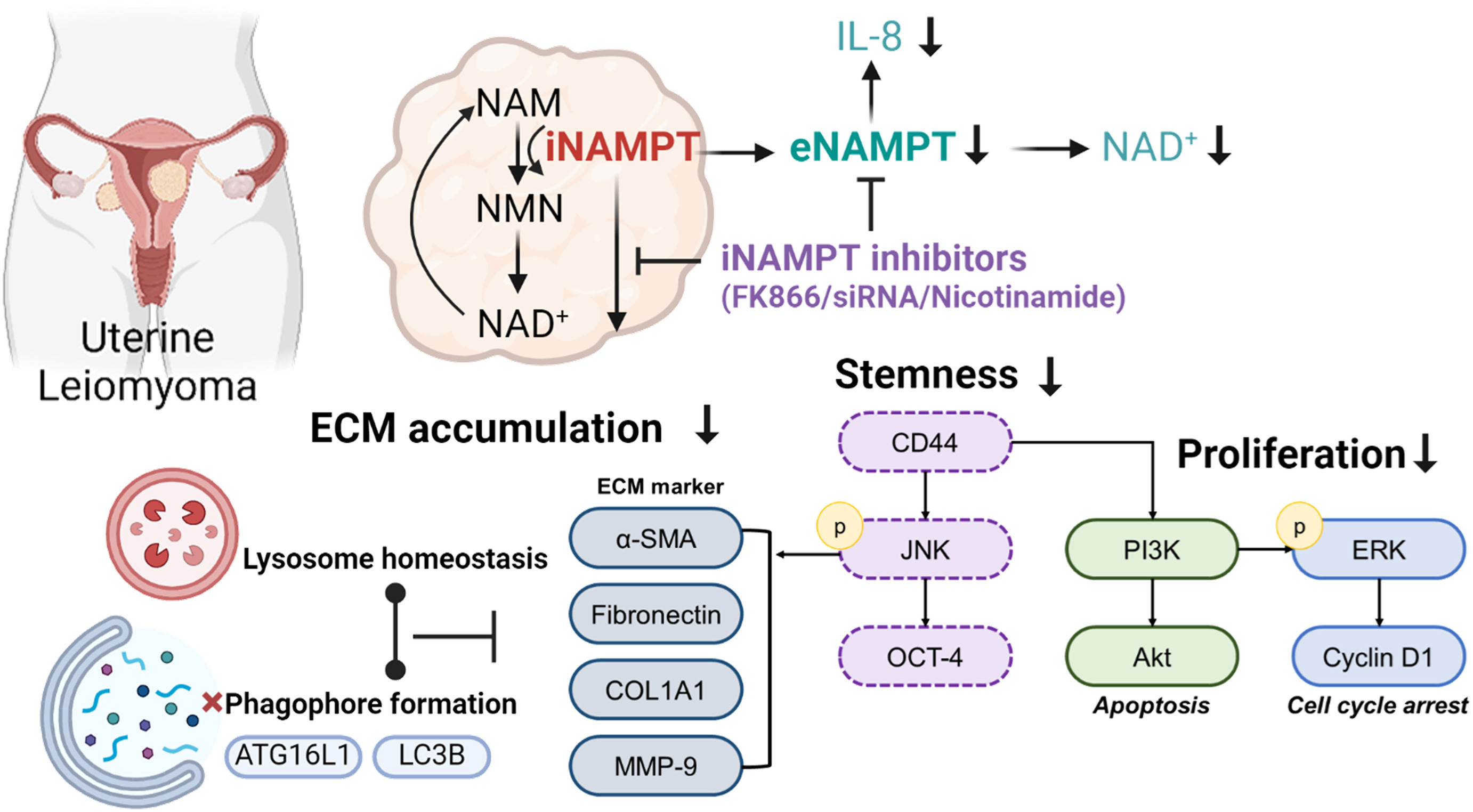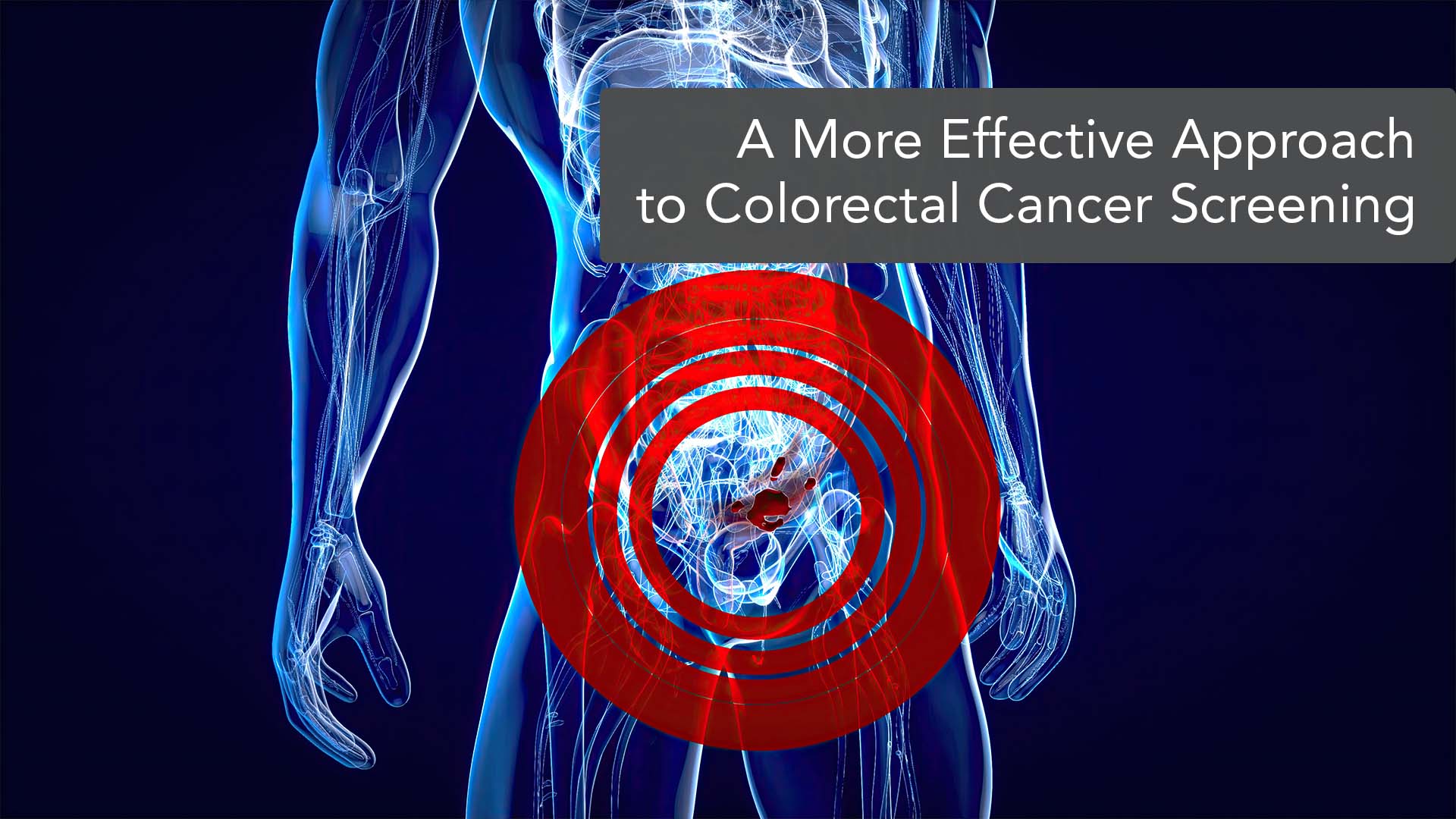For millions of years, the Earth has experienced cyclical periods of ice ages and warm periods. Currently, we are in a warm period influenced by human activities. As greenhouse gases in the atmosphere increase, global warming intensifies, accelerating the melting of continental glaciers, raising sea levels, and posing serious climate crises to global ecosystems and human societies. To better understand the process and drivers of global warming, it is crucial to study the causes of past extreme warm periods, providing insights into present climate issues.
Geological records show that around 400,000 years ago, the global ice volume was less than today, and sea levels were about 10 meters higher. This warm period lasted approximately 30,000 years, making it the hottest warm period in Earth’s history over millions of years. Typically, summer solar radiation is the primary energy source for the Earth’s surface and a key driver of warm periods. However, during this period, solar radiation was relatively weak, and atmospheric greenhouse gas concentrations were lower than today, making this extreme warm period a famous mystery in Earth’s history, known as the “MIS 11c Paradox.” MIS stands for Marine Isotope Stage, used to describe the codes of alternating warm and ice periods in Earth’s geological history. The stages are numbered sequentially from the present, with odd numbers indicating warm periods and even numbers indicating ice periods. The Earth is currently in the MIS 1 warm period, while MIS 11c refers to the initial stage of the MIS 11 warm period about 420,000 years ago.
Dr. Hsun-Ming Hu, a postdoctoral researcher in NTU‘s Department of Geosciences, led an international team under the guidance of National Chair Professor Chuan-Chou (River) Shen. They utilized speleothem records from Mediterranean caves and North Atlantic marine records to reveal the key factors behind the anomalous warm period 400,000 years ago. This international research was published on July 15 in the top-tier journal Nature Communications.
Dr. Hu pointed out that solving the “MIS 11c Paradox” lies in understanding the response sequence of Earth’s ice shelves, oceans, and atmosphere to solar radiation during the warming process. However, due to the lack of precise absolute ages in most oceanic and terrestrial records, this issue remained unsolved. In 2014, NTU’s geoscience department and European partners drilled speleothem cores from the Witch Cave in northern Italy. Using high-precision uranium-thorium dating techniques from NTU’s HISPEC Laboratory, they analyzed the deposition time of the specimens, providing precise age control for geological records. Combining detailed carbon-oxygen isotope and trace element data, they reconstructed the environmental changes in southern Europe from 480,000 to 360,000 years ago. The team further compared solar radiation, global sea level changes, and climate records from various regions, including the Atlantic, finally unraveling the “MIS 11c Paradox.”
Professor Shen stated that the international team, led by NTU’s geoscience department, has been working in the Mediterranean region for over a decade. They discovered that the speleothem carbonate records from the Witch Cave in northern Italy are closely related to the climate changes in the Atlantic and Mediterranean. Therefore, the paleoclimate records of the North Atlantic region can be dated accurately by comparing them with the speleothem records from the Witch Cave.
The research results indicate that the extreme warmth during MIS 11c was caused by a combination of factors. About 420,000 years ago, summer solar radiation in the Northern Hemisphere increased, causing mid- and low-latitude Atlantic regions to reach peak temperatures. Coincidentally, as ocean warming occurred, Earth’s axial tilt gradually increased, leading to even hotter summers. These warm waters continuously transported large amounts of heat to higher latitudes through ocean currents over tens of thousands of years, causing sustained ice shelf melting and resulting in the hottest MIS 11c warm period in Earth’s history.
Dr. Hu further explained that MIS 11c is an important example for understanding global warming. Similar to the present, this period did not experience particularly strong solar radiation. The research team found that to cause widespread ice shelf collapse and significant sea-level rise in the Northern Hemisphere, high greenhouse gas concentrations are not necessarily required; prolonged ocean warming can achieve this. This reveals the critical role of oceanic forces in driving global warming and ice shelf collapse mechanisms, providing significant reference value for predicting Earth’s future climate.
This research was funded by the Ministry of Science and Technology’s Excellent Talent Program, the Ministry of Education’s Deep Cultivation Program, the Advanced Scientific Research Center for Sustainable Earth, and NTU’s Core Research Groups Program. The international project, led by NTU’s geoscience department, involved over twenty research units from Europe, the Americas, and Asia. NTU’s participating researchers included Dr. Hu, Professor Shen, and former students Hsien-Chen (Emerson) Tsai, Wei-Yi Chien, Wen-Hui (Ellen) Sung, and Chia-How Hsu.
Full research article: Nature Communications













